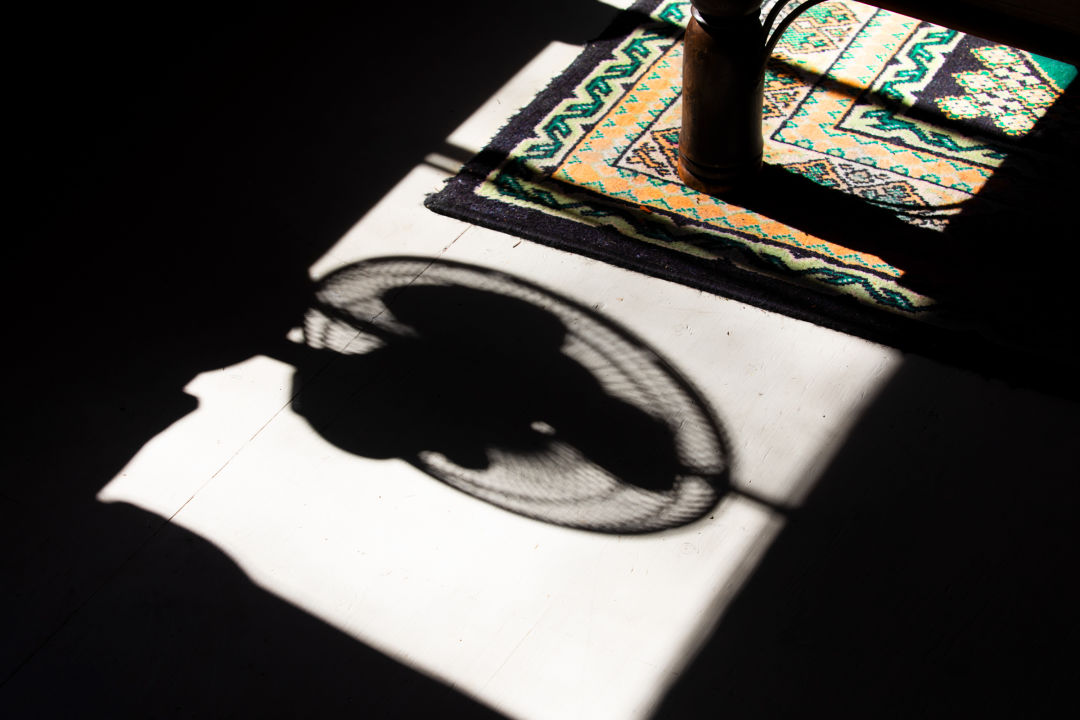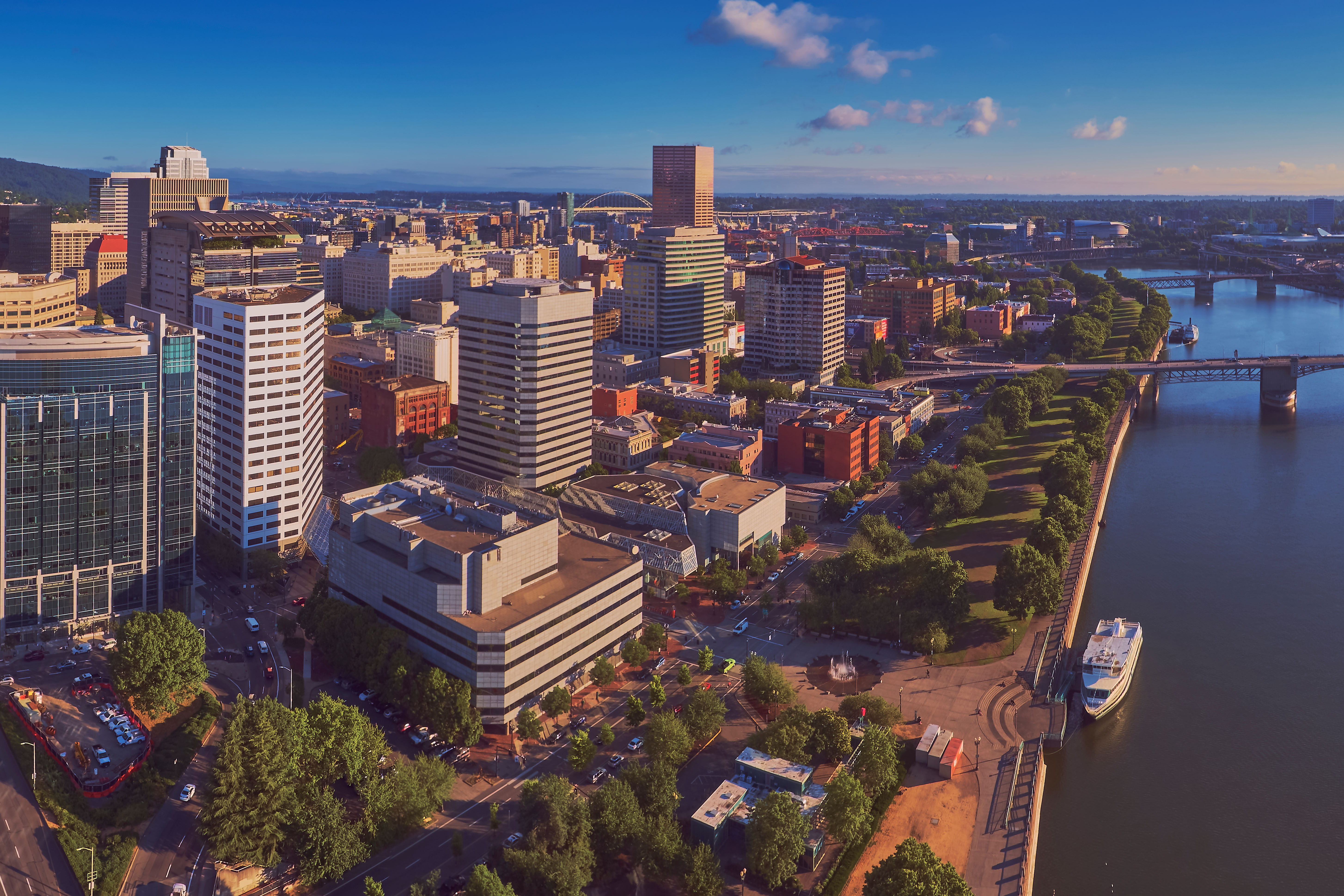5 Lessons from the Last Heat Wave That Could Help This Time

Crank up those fans, people. Another heat wave is on the way.
Oregon is bracing for another monstrous heat wave, the area’s third so far of summer 2021, with temperatures this Thursday expected to peak in the Willamette Valley at around 105 degrees and not subside until Saturday, according to the National Weather Service of Portland.
It’s all a lot, for a region that has long sold its temperate, sunny summers as the reward for months of grey winter drear, and for a city still trying to comprehend the 116-degree heat dome that settled over Portland and environs in late June, leaving at least 96 people dead statewide from extreme heat-related causes.
So, what are the lessons from that previous heat wave, for which political leaders have acknowledged that they were underprepared, and—more importantly—is there any sign that changes have been implemented in time for this week’s heat? We’ve touched on five of the clearest takeaways below, but concrete changes have so far been (mostly) slow to materialize.
- If there was a common denominator among those who died in the June heat wave, it was the lack of air conditioning in their homes. The Pacific Northwest is famously the least air-conditioned region of the lower 48, but one clear way to keep people safe during increasingly brutal summers is to help them get free or low-cost AC hooked up, and subsidize the utility costs. Oregon noted as much in a report prepared by the state bureau of emergency management at Gov. Kate Brown’s behest, but so far, there isn’t a widespread and centrally coordinated effort to get portable or window AC units installed in mobile home parks and other low-income housing. (There is a $250 rebate available via Energy Trust of Oregon if you want to spring to have central AC installed at your house, but the upfront costs of this far outstrip the price of a window unit.)
-
More cooling center coverage can’t hurt, right? For those who don’t have air conditioning at home, the ability to go to a free, cool indoor space can be life-saving. In June, the Portland Bureau of Parks and Recreation was caught flat-footed when it did not open any of its community centers as cooling centers, citing staffing concerns as a result of the COVID-19 pandemic. This time around, only a single parks-run community center—the Charles Jordan Community Center in North Portland—has so far been announced a cooling center; it will be open from noon to 8 pm, Wednesday-Saturday. More could follow in the coming days. Additionally, only four library locations will be open until 8 pm (Holgate, Central, Gresham, and Midland). By contrast, in July, when the heat was not expected to be as intense, many more libraries kept extended hours, until 9 pm. An important note: None of the library locations allow pets.
-
Fix the 211 info system, dang it! On this front, at least, there’s been some real progress. In June, there was gloomy news that the hotline to call if you needed free transport to a cooling center was unmanned during peak heat, or had long, impenetrable waits. Since then, contractors for the state Department of Health and Human Services have taken over 211, and it’s now reportedly being staffed around the clock. The next few days will present more concrete evidence on whether that’s working.
- In their analysis of what went wrong in June, the state Bureau of Emergency Management suggested that in the future, fares on public transportation could be suspended during heat emergencies, to create mobile cooling centers. Tri-Met is semi-on-board with that suggestion; if you need to get to or from a cooling centers starting Wednesday at noon, you don’t need to pay the fare; other destinations, however, will still cost you. (Side note: Due to the need to protect the system’s infrastructure, which isn’t built for days on end of 100 degree temperatures, watch for delays once temperatures go past 90 degrees, since MAX lines need to slow down; meanwhile, commuters on the Westside Express Shuttle should be prepared for it to be replaced by shuttle buses if temperatures hit 105.)
- Tell us all what’s happening, right away, by any means necessary. You can expect your phone to buzz with push notifications about the heat over the next 24–48 hours, part of the state’s strategy to cast a wider net, beyond the reliance on traditional media outlets. This didn’t happen in June, but was in place by July, when Multnomah County sent automated phone messages to all of its landlines, listed and unlisted, as well as to mobile numbers associated with utility bills. If you didn’t get a notification, and want to opt into the system, you can sign up for public alerts here.




